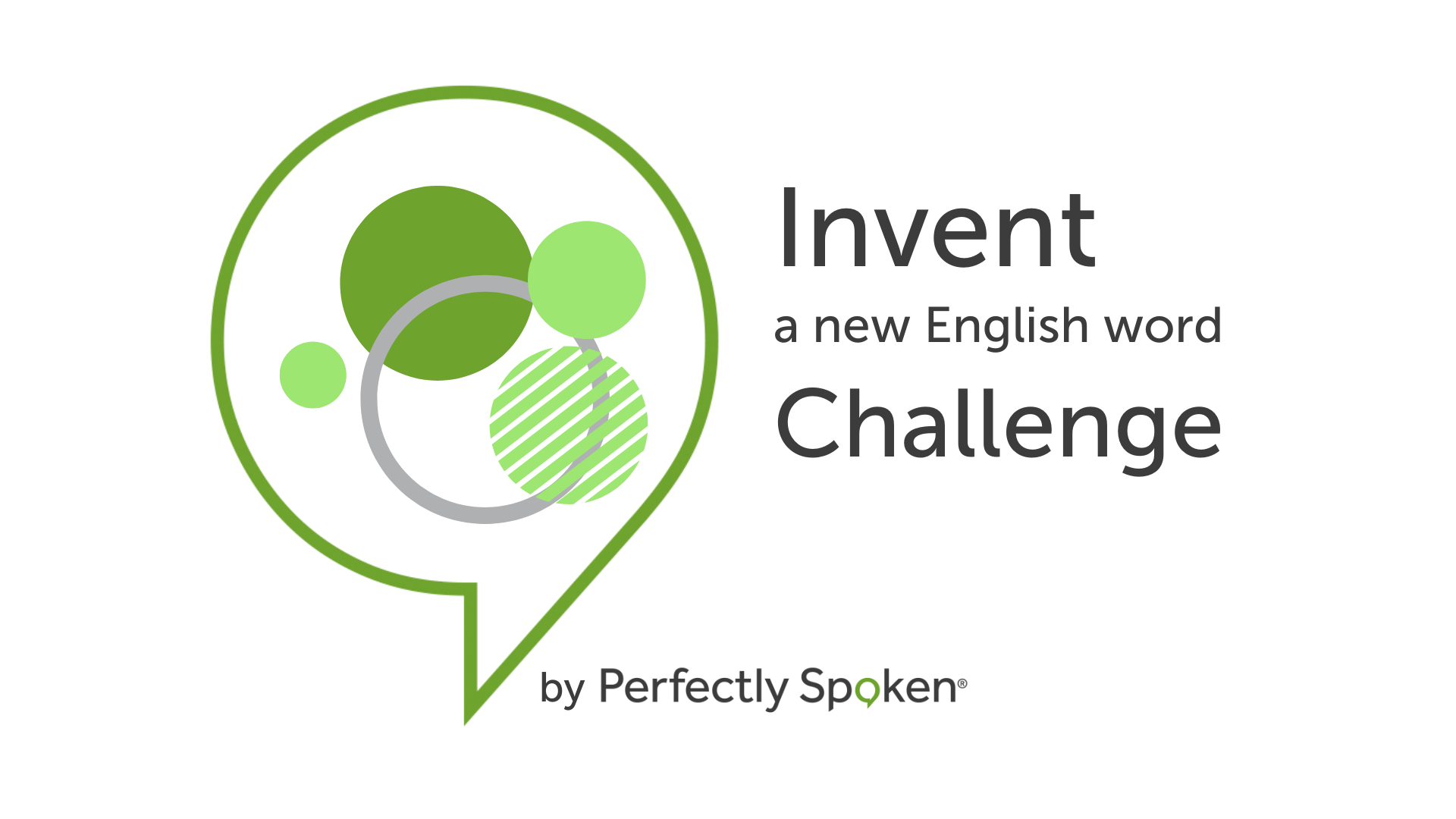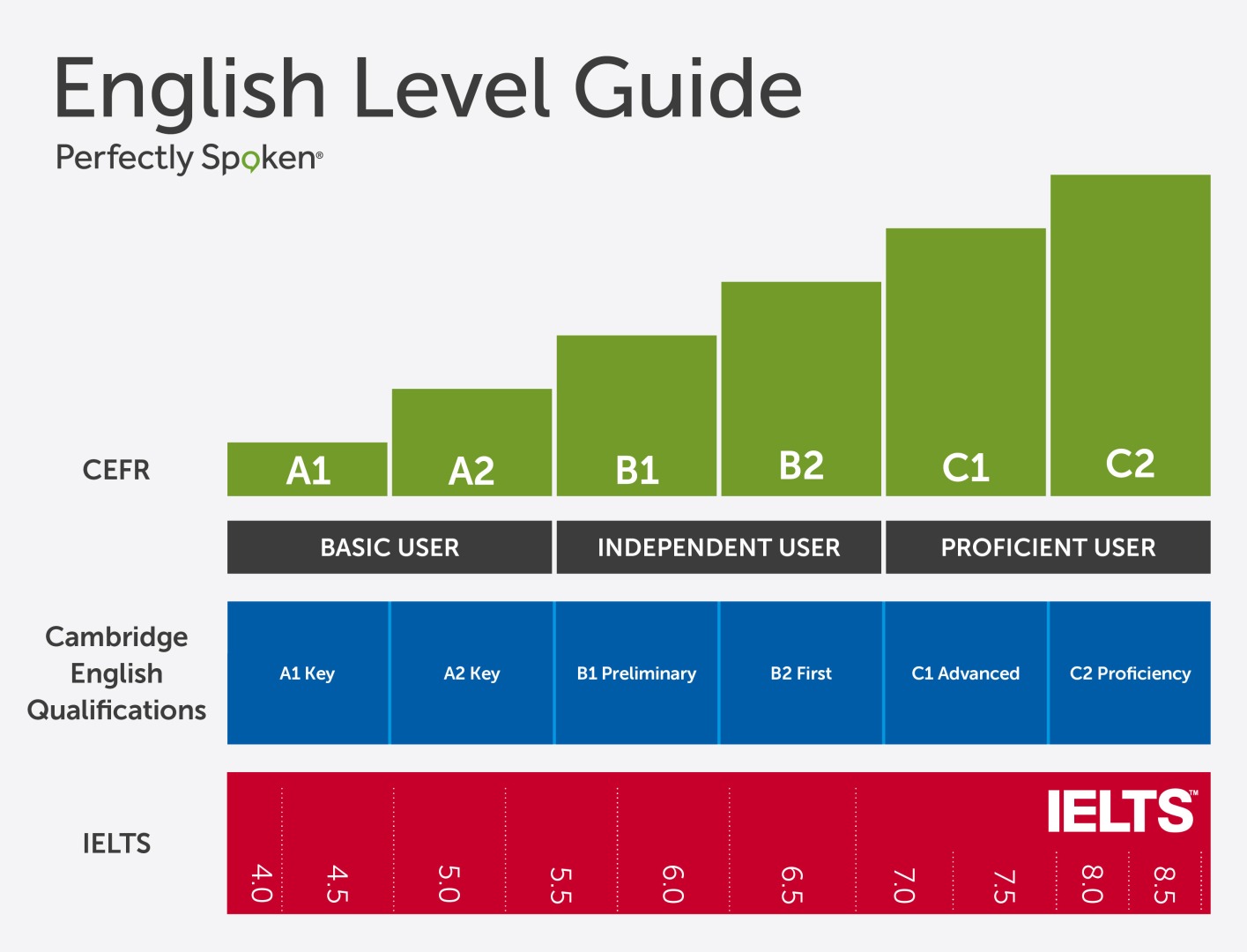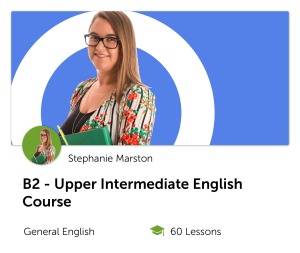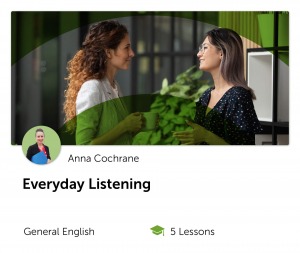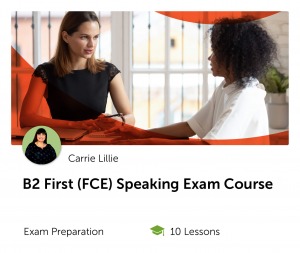By David de Jager, CEO of Perfectly Spoken
From 17th to 19th September, I visited Maputo, the capital city of Mozambique. My trip was hosted by Mr. Inácio Fernando, President of Clube Moza. Clube Moza is a non-profit association (NGO) connected to Moza Banco. While Moza Banco focuses on financial services, Clube Moza works on projects that support education, culture, environment, and social development; the social platform of Moza Banco created to invest in people, communities, and the future of Mozambique.
Purpose of the Visit
The reason for my visit was to support Mr. Fernando’s dream: to help millions of young Mozambicans learn and improve their English language skills. As any Perfectly Spoken student knows, English is more than just a subject. It is a bridge that connects people to the global economy, tourism, and new opportunities. Perfectly Spoken is proud to work with Clube Moza to make this dream real.


Soft Launch at Moza Banco HQ
One of the most important events was the soft launch of the Accelerated Development Skills Program at Moza Banco Headquarters.
The meeting was hosted by Mr. Inácio Fernando and attended by Mr. Manuel Soares, CEO of Moza Banco, Mr. Jorge Jairoce, Permanent Secretary of the Ministry of Economy and Mr. Vasco Manhiça, Chairman of FEMOTUR.
Representatives of many associations, including tourist guides, hotels, restaurants, taxi drivers, travel agencies, casinos, small and medium enterprises, and municipalities were also among the attendees.
It was an honour for me to deliver a presentation along with Mr Fernando to explain our plans for the future to help young Mozambicans learn English while being proud to speak Portuguese and local languages
I was also honoured to be given an award by Mr Soares of Moza Banco in recognition of the support and strong partnership that has been built between Perfectly Spoken and Clube Moza. I was proud to accept the award on behalf of the whole team at Perfectly Spoken.


Important messages were shared:
“Investing in people is the greatest investment for the future of the Bank and the country.”
Mr. Soares
“English is a bridge for Mozambique’s integration into the global economy and tourism market.”
Government representatives
Business associations agreed that better English skills will improve tourism, hospitality, transport, and small business competitiveness.
Meeting with the Ministry of Education and Culture
We also met with Mrs. Ndiça Massinga, Permanent Secretary of the Ministry of Education and Culture, and several heads of departments. We received some very positive messages:
- They recognise the importance of raising English standards.
- They welcomed the initiative as part of national education strategy.
- They said the program can play a “significant role in capacity building and opening doors for Mozambican youth.”
Media Partnership with MBC
Another key meeting took place at Clube Moza HQ with MBC TV. MBC is a respected national media partner. An agreement was signed with MBC to provide strong media coverage — on TV, digital platforms, and interviews — to make sure the programme reaches people across Mozambique.


The Future
We are also delighted to report that in November the Mozambique International Tourism Conference will take place in Vilankulo, and we have been informed that it is the official position of the President and the Ministry of Economy to reaffirm their strong commitment to this project.
A great inspiration
This trip laid a strong foundation for the future. The Accelerated Development Skills Program will bring English to millions of Mozambicans, opening doors for education, work, and entrepreneurship. It also supports national priorities and the United Nations Sustainable Development Goals.
I return home inspired by the vision of Mr. Inácio and the energy of everyone I met. Together, we will make English a bridge for Mozambique’s young people — connecting them to opportunities at home and around the world.
Perfectly Spoken is proud to be the international partner in this exciting project. Together, we are building a future where English is not just a school subject but a real tool for empowerment, opportunity, and growth.































